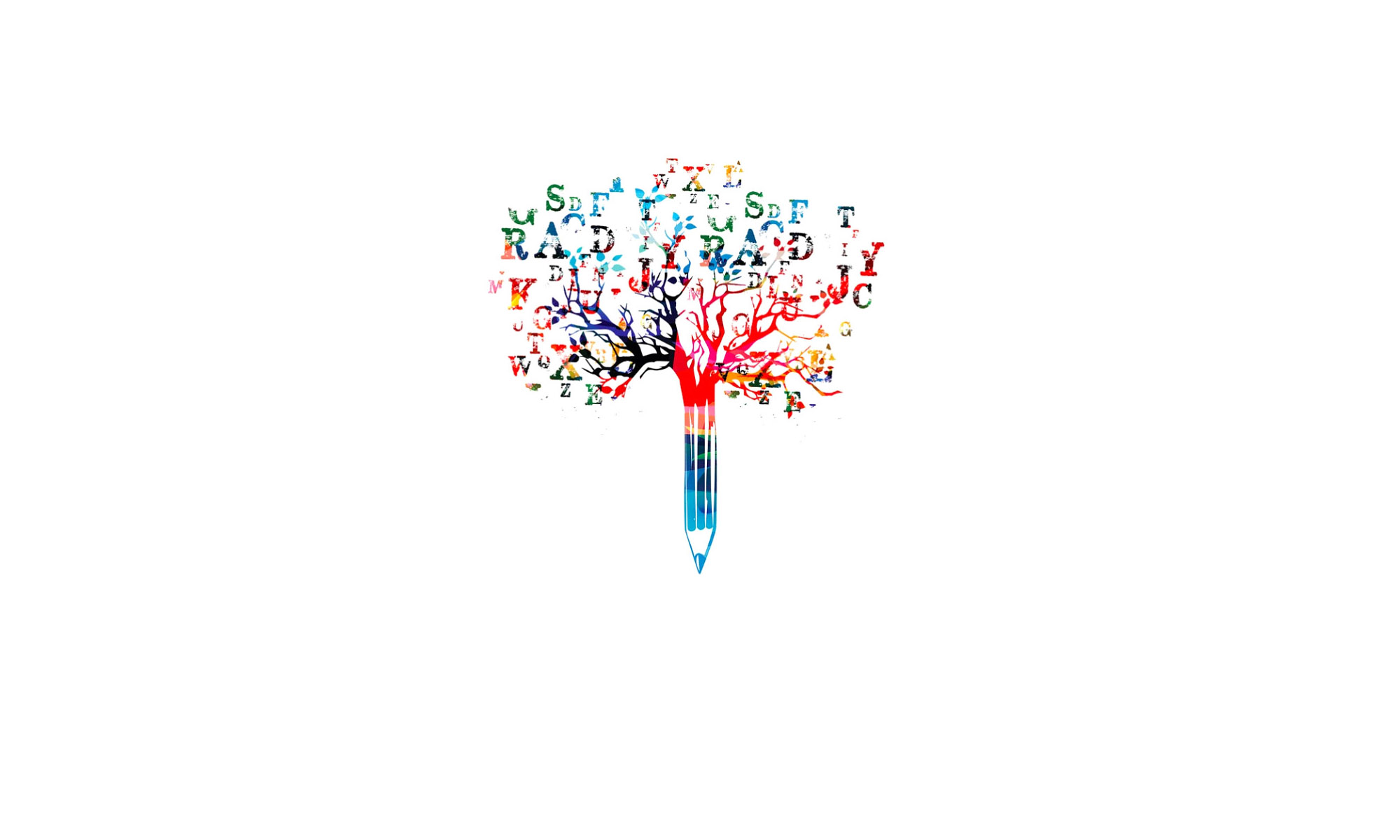Ekphrasis: a rhetorical term referring to the representation of existing or imagined works of art in poetry, prose, and drama.
Ekphrastic Types (Gisbert Kranz)
Associative: picture evokes personal reflection
Descriptive: various elements in a picture are described in the text
Meditative: picture evokes reflection on wider relevance of painting.
Panegyric: picture is praised.
Perjorative : picture is criticized.
Rhetorical: picture becomes subject of discussion.
Contextual Ekphrasis (Hans Lund)
Spatial contextual ekphrasis: the poem considers the painting in the context of its display or ‘the space outside the frame’, as Lund defines it.
Temporal contextual ekphrasis: described by Lund as ‘moments of recognition when the picture suddenly exposes its connections with pictures we have seen on earlier occasions.’ ie, ‘pictorial memory’.
Notional (fictional) Ekphrasis: poems based on a fictional work of art.
Paragone (Leonardo): refers to the battle between the visual and the verbal arts concerning their representational superiority.
Pregnant Moment: refers to the ‘frozen moment’ in a painting – an image selected by the artist which represents the climatic moment in narrative.
Saccadic Movement: manner in which the physical ‘eye’ explores visual space through a series of optical shifts; this has been used (C. Collins) to apply to the way in which the ‘inner eye’ can be guided by a writer to produce similar effects.
Vergence: optical shift that is a readjustment for depth (Collins)
